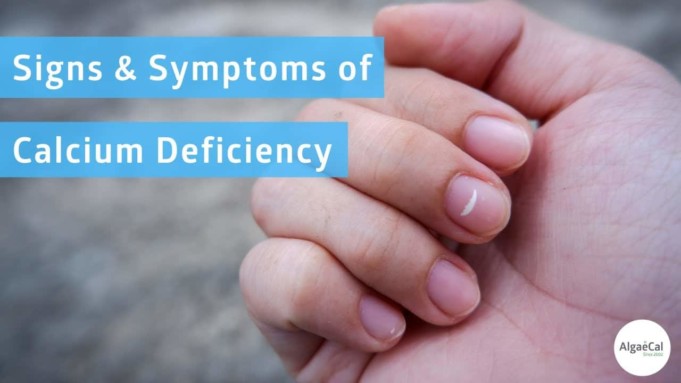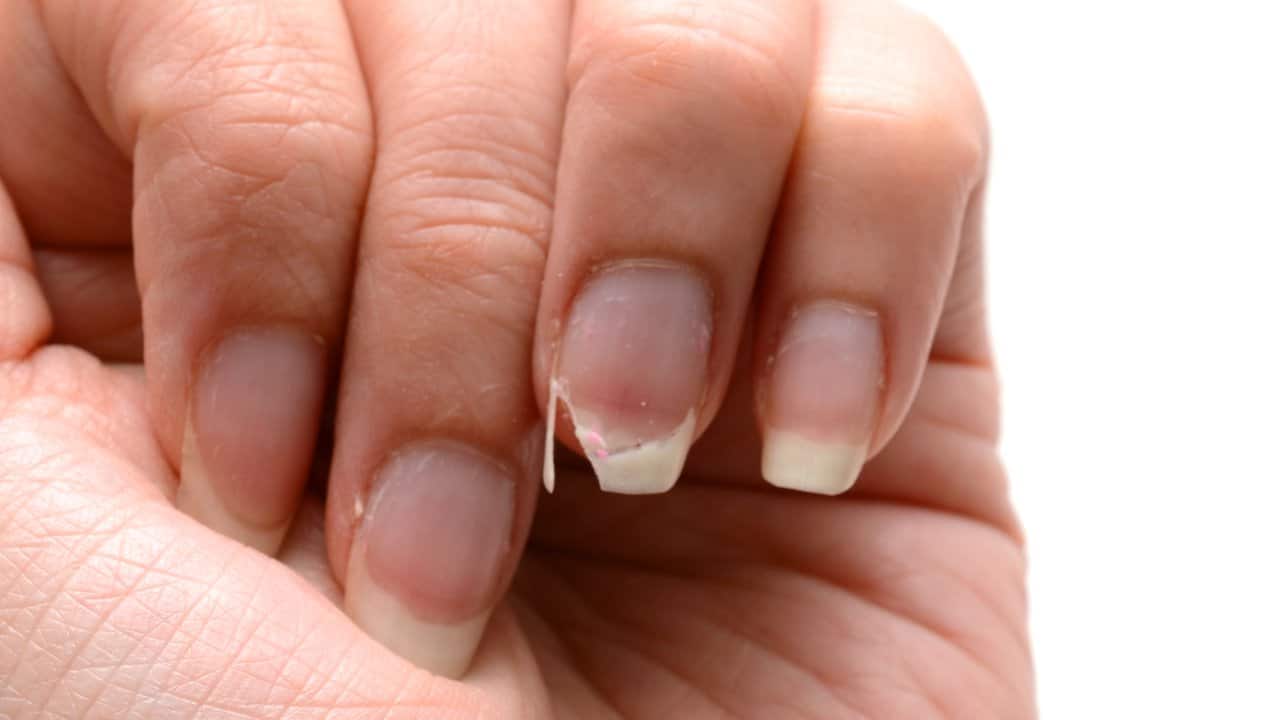Calcium is a vital mineral or nutrient needed by humans at all ages to build strong healthy bones and teeth. The heart and other muscles also needs calcium to function properly.
Calcium deficiency disease also known as hypocalcemia occurs when the level of calcium in the blood is low. A calcium deficiency may show no early symptoms and a long term deficiency can lead to complications in the brain, bones, and osteoporosis.
Causes of Calcium Deficiency
The basic nutrients required for you to have healthy bones is a sufficient supply of calcium. Calcium deficiency may be caused by a variety of factor such as;
- Lack of vitamin D (Vitamin D deficiency)
- High alcohol or coffee consumption
- Digestive tissue disorder
- Poor intake of calcium for a long period of time
- hormonal or genetic disorder
- Certain medications which may decrease absorption of calcium
- Inability to meet up with increased calcium requirements especially for women who are breastfeeding or pregnant.
- Hypomagnesemia and hypermagnesemia: A condition that occurs either when magnesium intake is too low or too high.
- Pancreatitis
- Removal of parathyroid gland tissue.
Signs and Symptoms
Since the body takes calcium directly from the bones to maintain its calcium levels, its deficiency may not produce short-term symptoms.
But as the condition progresses, symptoms will be developed. These symptoms include;
- Muscle problems: Muscle tremors, cramps, aches are the earliest symptoms of calcium deficiency disease. Tingling in arms, legs, hands, and feet may indicate a severe deficiency.
- Osteoporosis and Osteopenia: Osteoporosis is a condition that makes bones become thinner and diminish the density of bones. While Osteopenia reduces the mineral density of the bones. Bones become prone to injury and risk fracture if the overall level of calcium in the body is low. This is because the body diverts the calcium stored in the bones to other parts of the body to help maintain balance in the body.
- Fatigue: People who suffer from calcium deficiency tend to experience sluggishness, insomnia, lack of energy extreme fatigue, lack of focus, brain fog, and confusion.
- Dental Problems: Problems such as brittle teeth, weak root, tooth decay and irritated gum can arise when the body pulls calcium from the teeth to help maintain body balance.
- Skin and Nails: Calcium deficiency can lead to skin problems such as dry skin, eczema and psoriasis. And may also contribute to conditions such as alopecia.
- Cardiovascular problems: Lack of calcium in the body may cause the heart not to function properly.
Diagnosis of Calcium Deficiency
If you feel you have symptoms of calcium deficiency then you need to contact a doctor. The doctor may ask questions concerning your medical history and then requests for a blood test.
Your blood sample will be taken to check your calcium level, albumin level and ionized calcium level. Children and teenagers have higher blood calcium levels than adults.
Risks and Complications
Untreated calcium deficiency disease may lead to a number of complications such as;
- Severe joint and muscle pain
- Depression
- Seizures
- Spinal cord fractures
- Disability
Possible Treatment
Calcium deficiency is easy to treat. It typically involves eating foods rich in calcium or adding calcium supplements to your diet. But do not self medicate by taking lots of calcium supplements.
Only take dosage recommended by your doctor in order to prevent serious health condition such as kidney stone.
Calcium supplements are available in various forms including tablets, liquid and chewable forms. Some common calcium supplements usually recommended include;
- Calcium phosphate
- Calcium carbonate
- Calcium citrate
It is important to know that some medications may interact with calcium supplements negatively. These medications include;
- Antacids which contain aluminum
- Estrogen medications
- Some antibiotics such as tetracycline
- Diuretics(can either decrease or increase calcium levels in the blood)
- Blood pressure beta-blockers such as atenolol.
- Digoxin
Prevention of Calcium Deficiency
To prevent calcium deficiency, you have to be aware of foods high in calcium. Some foods high in calcium such as dairy products are also very high in saturated fat. To reduce the risks of developing heart disease and high cholesterol, choose low-fat options.
Some foods which are high in calcium are salmon, white beans, broccoli, sardines, wheat bread, etc.
Another way to prevent calcium deficiency is to increase your vitamin D intake. Vitamin D helps to increase the absorption rate of calcium into your blood. Ensure to ask your doctor the quantity of vitamin D you need.
Some foods high in Vitamin D include;
- Salmon and tuna fish
- Eggs
- Fortifield milk.
In addition, restricting from alcohol and tobacco intake as well as maintaining a healthy body weight can also help you prevent calcium deficiency
Conclusion
Calcium intake should be done reasonable and monitored to avoid deficiency issues. Consuming too much calcium also is not good for your health. Also, Vitamin D consumption should be added to help with calcium absorption.
References;
- Hypocalcemia (Calcium Deficiency Disease), HealthLine
- What happens when calcium levels are low? MedicalNews Today
- Hypocalcemia (Low Level of Calcium in the Blood), MerckManuals













